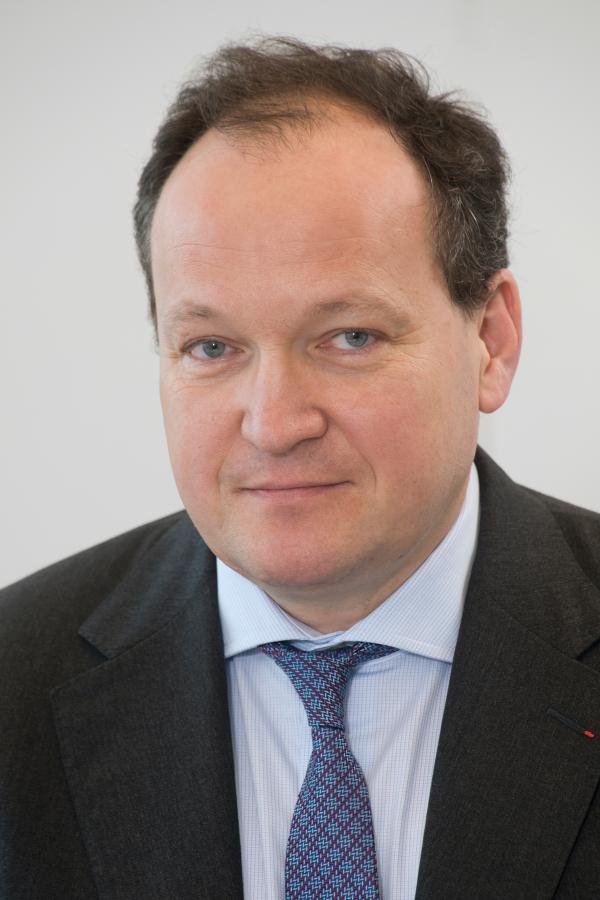
Ambroise Fayolle, Vice-President of the EIB
Speaking at the joint World Bank and European Commission high-level stakeholder roundtable “Crowding in Private Investments for Jobs & Sustainable Development: maximizing the Job Potential of Innovative Financing Tools”, EIB Vice-President Ambroise Fayolle reaffirmed the predominant place of private sector development in the EU Bank’s business model.
“At EIB – the EU Bank - we place private sector development, the engine for sustainable economic growth and jobs, at the forefront of our operations: for example, almost two thirds of EIB’s recent activity in Africa targeted the private sector”, Vice-President Fayolle said.
Along with World Bank Chief Executive Officer, Kristalina Georgieva and European Commissioner for International Cooperation and Development, Neven Mimica, Ambroise Fayolle addressed an audience of policy makers and representatives of multilateral and international organisations, the private sector and civil society attending the IMF/World Bank Group Spring Meetings.
The event provided an opportunity to discuss the daunting challenge that countries are facing to create jobs, with a particular focus on the more fragile, high-risk sectors and geographical regions.
Ambroise Fayolle detailed some of EIB’s financial instruments to help private enterprises sustain and create jobs, such as credit lines to local banks and microfinance institutions, risk finance and equity for start-ups, social impact funds and innovative SMEs, as well as support to larger infrastructure projects. He also mentioned EIB’s state-of-the-art Results Measurement Framework used to measure expected results of the Bank’s operations in terms of job creation and jobs sustained.
Finally, Vice-President Fayolle presented the Sustainable Awareness Bonds just launched by the Bank to further support sustainable growth and jobs. “Just like we pioneered the green bond market, issuing our first Climate Awareness Bond in July 2007, we now aim to replicate this success – and with capital market investors – mobilise private finance and raise awareness for sustainable development”, he said.
He concluded by reaffirming the EIB’s full commitment to strengthening the use and impact of its financial instruments, in partnership with the European Commission, EEAS and European bilateral development agencies.